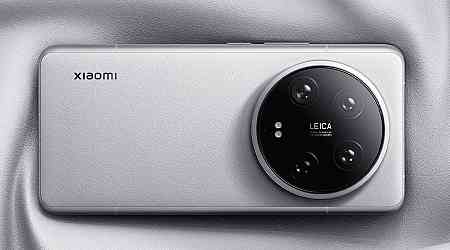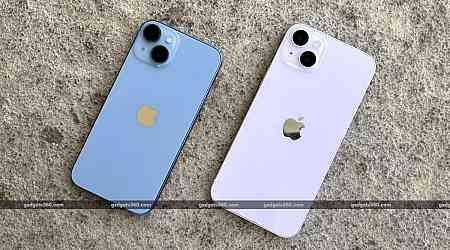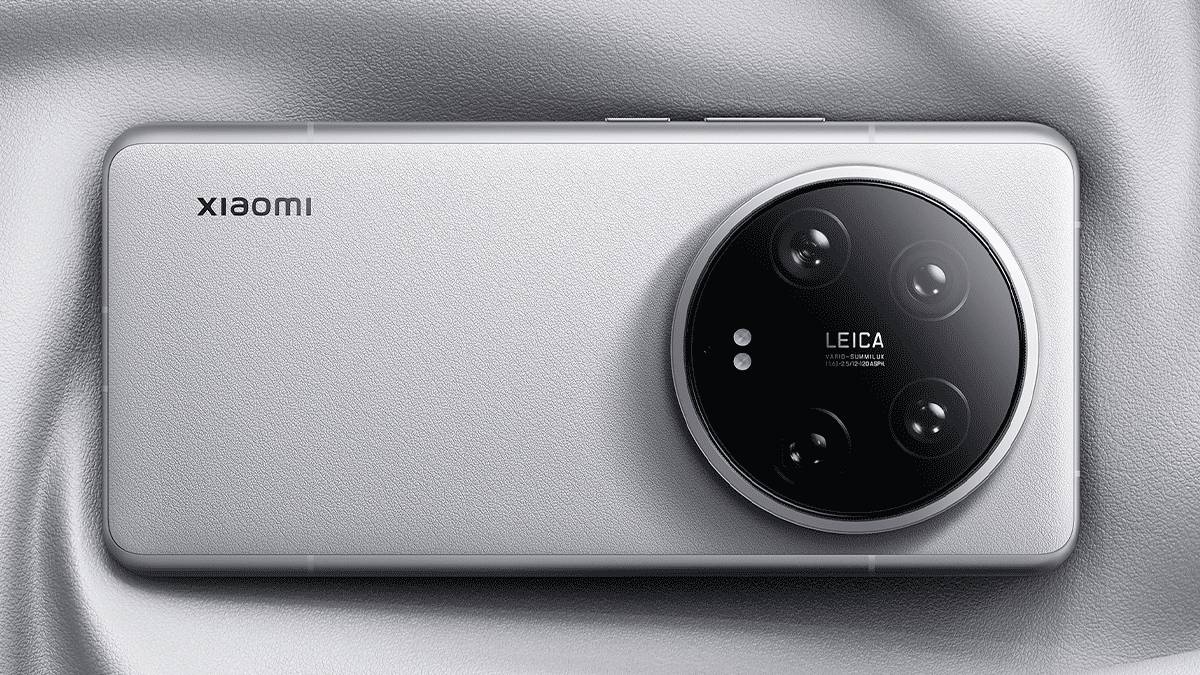A degradable microbead made from a polymer has been developed by researchers, potentially replacing plastic exfoliants in skin cleansers. These beads break down into substances resembling sugars and amino acids, providing an environmentally safer alternative. Details of the study were shared in Nature Chemical Engineering on December 6. The microbeads, composed of poly(β-amino ester), are said to deliver effective cleaning results while addressing environmental concerns associated with plastic microbeads.
Ana Jaklenec, a biomedical engineer at MIT, remarked in a statement to Science News that this innovation could influence the materials industry to consider non-microplastic options. The polymer is already known for its role in medical applications, such as drug delivery.
Testing the Efficacy of the New Beads
Tests carried out on pig skin samples demonstrated that the polymer microbeads, when mixed with soap foam, removed 74 percent of permanent marker ink after 50 wipes, compared to 38 percent removal using soap foam alone. The polymer mixture was also found to be highly effective in clearing eyeliner, with twice as much removed compared to regular soap. Degradation tests revealed that more than 94 percent of the polymer disintegrated into sugar-like and amino-acid-like molecules within two hours in boiling water. This biodegradability makes the beads a suitable alternative for use in personal care products.
Implications for Environmental Safety
Ben Elling, a polymer chemist at Wesleyan University, noted in a separate statement that the performance of the new material could encourage the industry to transition to more sustainable options. He highlighted the common reluctance to switch to eco-friendly materials due to concerns about compromising product quality. However, he believes innovations like this can combine both efficiency and sustainability.
The environmental hazards posed by microplastics are widely acknowledged. While several countries, including the United States, have implemented bans on plastic microbeads in rinse-off personal care products, they remain in use in some regions. The potential adoption of these degradable beads by companies may mitigate pollution caused by microplastics in waterways.
































